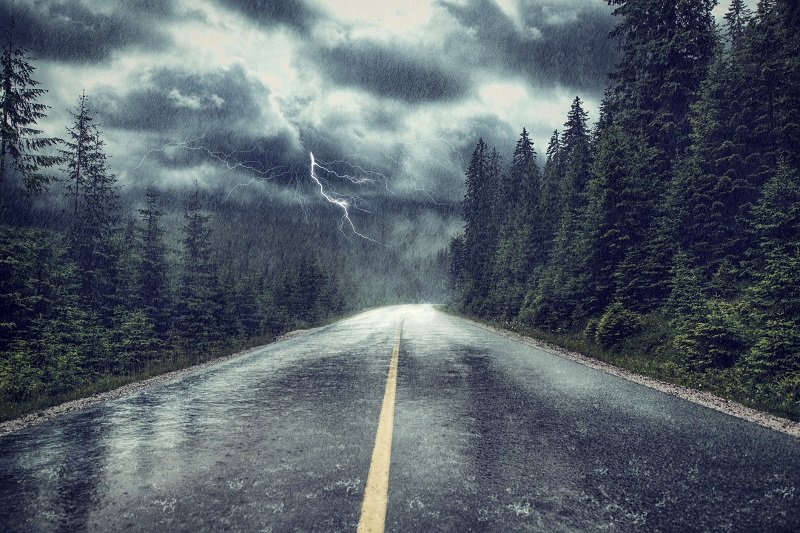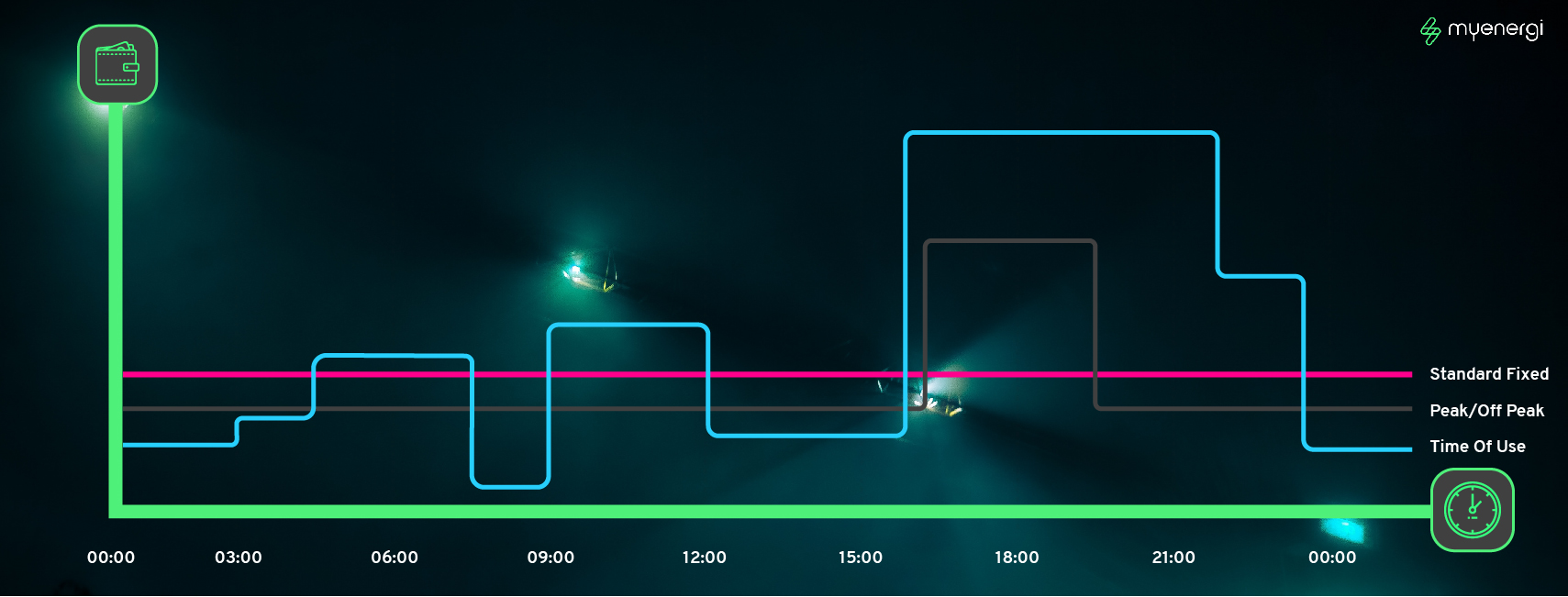Global warming and climate change are often cited as the forces behind drastic weather. From rising temperatures and sea levels to cyclones, hurricanes and volcanic eruptions, concern for these increasingly alarming issues has never been stronger.
While most people are aware of the impact that global warming is having on our planet’s behaviour, there is some confusion surrounding how the likes of air pollution and emissions have been able to alter the weather in recent years.
Climate change & the weather: The Facts
The facts are becoming increasingly impossible to ignore when it comes to climate change and global warming.
Everyone from the general public to key decision makers, policymakers, businesses and politicians are looking at ways in which to cut down emissions and save our planet. Here’s why…
- Over 230 peer-reviewed studies looking at weather events around the world found that 68% of all extreme weather was made more likely or severe by human-caused climate change.
- Scientific research suggests that the earth’s climate is accelerating at its fastest ever rate.
- Our planet’s average surface temperature has risen about 0.9 degrees celsius since the late 19th century, with most of the warming taking place in the last 35 years.
- The five warmest years on record have taken place since 2010.
- Greenland lost 286 billion tonnes of ice per year between 1993 and 2016, while Antarctica averages 127 billion tonnes per year in that same period.
- 2018 set a new record for ocean heating.
- Sea levels are rising at the fastest rate in 3,000 years.
How does global warming affect temperature?
Global warming is defined as the increased temperature in our atmosphere caused by the greenhouse effect.
The greenhouse effect describes the process of the earth trapping the sun’s heat in its lower atmosphere as a result of the inescapable greenhouse gases caused by fossil fuels and emissions.
Plants help to reduce the amount of carbon dioxide in the air, but deforestation and more treacherous conditions have caused a reduction in greenery.
This, combined with human activity such as driving, littering and increased reliance on fossil fuels, means that the trapped heat has caused our planet to get hotter.
How does climate change cause flooding?
As temperatures rise, so do sea levels. Global warming’s melting of the ice caps and gradual heating of our waters has caused oceans to expand.
90% of greenhouse gases are absorbed by the sea. In the last 25 years, half of the sea level rises can be attributed to climate change.
How does this affect the weather, you ask? Well, rising sea levels can cause mass flooding of our land, particularly in low-lying coastal places.
Major floods in recent years have caused horrific destruction of people’s homes, and this will only continue unless we make huge changes to our behaviour.
How does global warming cause storms and hurricanes?
Warmer air and increased evaporation mean that there is now more water vapour in the air than when we had cooler temperatures. This extra moisture and humidity is becoming increasingly apparent when looking at rainfall and storm figures in recent years.
Climate change is causing more unpredictable weather patterns across the planet, one of which being that of hurricanes.
“Increases in greenhouse gases and decreases in air pollution have contributed to increases in Atlantic hurricane activity since 1970,” according to the NCA 2018 Global Change Report.
Higher sea levels and warmer oceans correlate to the increased intensity of storms and hurricanes we are continuing to see across the globe.
How does climate change cause volcanic eruptions?
The hotter temperatures are causing the ice on volcanoes to melt, which can cause landslides and the collapse of such natural structures.
“Imagine the ice like some sort of protective layer – when the ice melts away, the mountain is free to collapse,” says researcher Giochani Roberti.
“Volcanoes are a pressurised system and if you remove pressure by ice melting and landslide, you have a problem.”
Volcano eruption can not only be caused by climate change, but is in fact a cause of climate change in itself. When a volcano erupts, it spews smoke, ash and a lot of hot air into the earth’s atmosphere, presenting a major problem in terms of climate change.
Is there a difference between climate change and global warming?
Yes! Many confuse global warming and climate change as direct synonyms, but they do in fact differ slightly in meaning.
Global warming relates only to the earth’s rising temperatures, whereas climate change covers all weather-related side effects of global warming.
What can we do to prevent climate change and global warming?
Global warming and climate change have accelerated due to human behaviour, but there is plenty we can do to slow the process down and save our planet.
From reducing your carbon footprint and expanding your knowledge of renewable energy to switching to green energy and using our sustainable green products, the time for action is now!

 libbi
libbi






